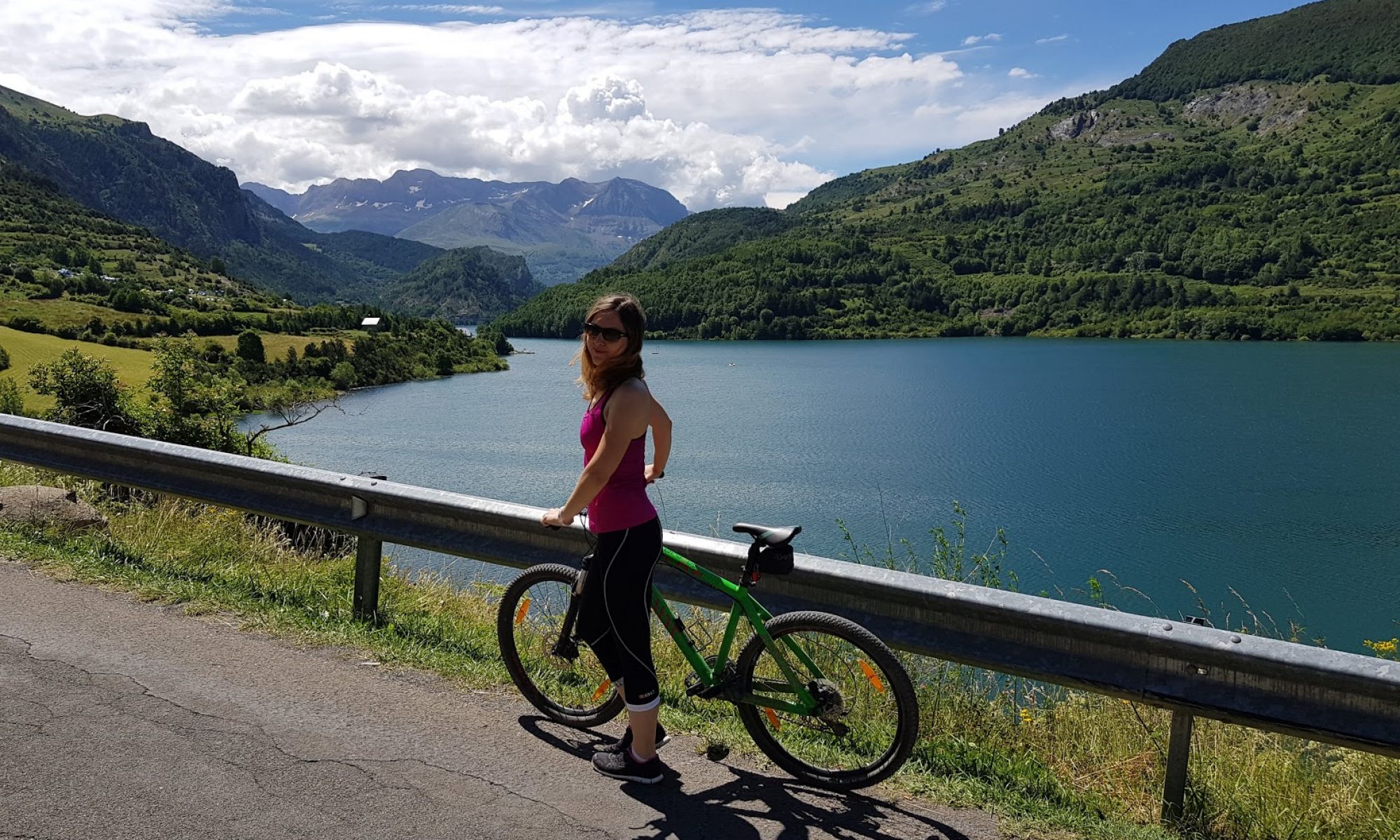A disclaimer: I’m not a linguist or a language geek, I just like to have the ability to speak different languages. I thin that self-learning is a skill that is always good to develop and which can come quite handy in all aspects of life. For example, you don’t need to go to music school in order to learn ukulele, so why can’t you do the same with other skills, such as languages, dancing, makeup? Having this mindset can really help us achieve anything that we set our minds on. There’s no real superpower or “language talent”, just a lot of hard work and dedication.
Below is a list of methods that I used with almost every language that I learned.
- SRS
- Audio courses that encourage speaking
- No school textbooks
- Grammar books
- No apps
- Language Parents
- Writing practice
- Lots of input
- Language Youtubers
- Language Learning books
1. SRS
No matter what I do, I have to complete my daily SRS streak. SRS stands for Space Repetition Program and it’s a program that works like flashcards, but you have to type or choose the correct answer. I love Memrise, but there are other programs, such as Anki. SRS is like a gym for memorising vocab and I can’t remember any new words if I don’t have them in my Memrise. I usually start with beginner courses that Memrise offers and as I make it to more advanced levels I start creating my own courses, where I throw all the new words I meet along the way – in conversations with native speakers, in online articles, in Instagram posts… I update my courses almost weekly and don’t know what I’d do without Memrise.
That said, I love using Memrise for Asian languages, but I felt bored using it for Spanish, maybe because so many words were so similar to English. In this case it is recommended to use flashcards with pictures on them instead of the translations.
2. Audio Courses
My favourites are courses by Michel Thomas, as they encourage speaking from the first minutes of you listening. So many classes and courses just teach how to read and write, but Michel Thomas gets you to speak right away. If it wasn’t for his Italian course, there was no way I would be able to start speaking Italian in 3 months. I also love that he avoids overwhelming learners with unnecessary vocab like big numbers or all the past tenses, and just sticks to what is really needed and used in daily conversation.
3. No school textbooks
I tried using them, I honestly tried, and they just drive me mad. Most of textbooks use such obscure vocabulary that is not necessary in daily conversation, obscure grammar rules, and on top of that a lot of them are pretty childish. “He is a pilot! She is a stewardess! I am a doctor!” Seriously? In 20th century? Who uses these words and constructions in daily conversation? No wonder students can never learn the language in school…. I think most school text books and the whole teaching system needs to be changed, but I’m not a teacher, just a self-learner, so I can just share my opinion online 🙂
4. Grammar books
I love grammar books because they just give me a list and explanations of grammar points that I need to know for each level – A1, A2, B1 and so on, and I find them much more useful than school textbooks. I love my “Korean Grammar in use” series and my “Chinese Grammar Wiki” series. Maybe it’s because I liked Math in school, but I find it really motivating to read these books and check how many grammar points I already feel familiar with. On my height of Korean learning I used to read “Korean Grammar in use” on the beach, as well as in my bed before falling asleep.
5. No apps
I don’t like using apps for language learning because I prefer using my computer or books to learn. It’s not like they are bad, but I already spend so much of my time on my phone that I try to reduce it, not to increase it. I know that I might be missing out on some cool language learning apps, but I just prefer learning on desktop.
6. Language Parents
I wrote about this in more detail here. Basically, a language parent is a native speaker who listens to you, and then repeats back your broken sentences in a correct way. This way you are practicing speaking and at the same time learn how to say things correctly without feeling too overwhelmed (I hate when teachers pause the conversation and say “this is wrong, you should say “x and y”). It can be tough and embarrassing at first, but it gets easier with practice. Our italki tutors also write and send us the new words in chat as we speak and I add all the new words to my Memrise vocab lists afterwards. It doesn’t have to always be online. When I was learning Spanish I didn’t think of using italki so I found an Argentinian here in Ljubljana who agreed to help me out and talked to me regularly for a few weeks. That really helped my progress and I think together with SRS this is probably one of the most powerful methods that I use. Here I wrote about how to find people to talk to online.
7. Writing practice
I used to do this a lot when learning Korean and Spanish, but I don’t do it so much these days, because nowadays my focus is on Chinese, which I’m learning just speaking and not writing, however, it is still a very good method. There are websites like lang-8 and italki where you can post your writing and get corrections from native speakers. Just last week I posted a short text in Korean and was honestly surprised at the corrections that I received. I honestly thought I wrote everything pretty much correctly 🙂 The websites are free and in exchange you can also test your native language and correct other people’s writing. I sometimes felt it was a good practice as well, when I was correcting Korean or Spanish speakers writing in English, especially when they provided the native version. Back in school, we had to write something, submit it to the teacher and wait for their corrections. Now you can receive them online for free and no strings attached. I love it.
9. Lots of input
I vary my input depending on the language, but it almost always included TV shows with subtitles or podcasts. TV shows and series really help me get the rhythm of the language, colloquial expressions, mannerisms. I love watching Chinese TV series, they are so addictive and I learned so much Chinese from them. When I try to read I usually start with something simple like comic books, then I move onto magazines, then to books. Of course, it is much easier to read a book in Spanish than in Korean (I still have some Korean books that I can’t read at all, so I still have a long way to go). If you’re just starting out and can’t consume native level books you can try graded readers that were created to give readers the content in their target language on different levels, from beginner to advanced. I am currently learning Chinese so I signed up for Duchinese, what I like is that their newbie stories really have only the most common words and characters and there’s also an audio version that you can listen to while you read.
9. Language Youtubers
I watch them for inspiration, and there are some, for example Lindie Botes, who share their study routines, tips and much more. When I don’t feel inspired to study I just go to Lindie’s channel, check some of her latest videos and see if there are any methods or tips that I can apply in my own learning. I also really enjoy the feeling of knowing that I’m not alone and that there’s a whole language learning community, who get together for Polyglot conferences and gatherings.
10. Language learning books
Yes, there are books not about learning just one language, but about learning languages in general. I have two – “Fluent Forever” by Gabriel Wyner and ” How to speak any language fluently” by Alex Rawlings. To be honest, neither of these books was an amazing revelation for me because I was already using most of the methods in those books, but they inspired and motivated me a lot and I think they would be a great asset to someone just starting out on this journey.
And that’s it folks! There’s really no secret sauce or superpower in language learning, just completely different methods to what we were taught in school. Anyone can do it 🙂


